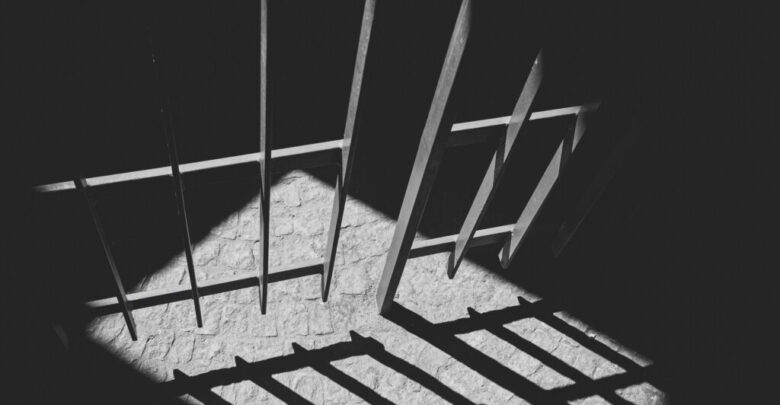

MELBOURNE, Australia — Australia’s Victorian corruption watchdog has recommended widespread reforms after exposing serious staff misconduct within the state’s prison system.
In a special report tabled in Victorian parliament on June 22, the Independent Broad-based Anti-corruption Commission highlighted systemic corruption stemming from four finalized investigations.
It found private and publicly managed prisons posed serious corruption risks from excessive use of force, inappropriate strip-searching practices, misuse of information, improper relationships, and trafficking of contraband.
The report also mentioned that Victoria’s prison population grew by almost 80 percent from June 30, 2010, to June 30, 2019, although the prison population decreased in the 12 months to June 30, 2020, due to impacts associated with the Covid-19 pandemic.
Over the course of its inquiries into the sector, The Independent Broad-based Anti-corruption Commission (IBAC) substantiated allegations involving staff members across Victoria’s 15 adult correctional facilities including:

* Operation Rous: officers assaulted two inmates at Port Phillip Prison and staff deliberately interrupted body-worn camera recordings during use of force incidents.
* Operation Caparra: a property officer at the Melbourne Assessment Prison failed to disclose associations with current and former prisoners and misused Corrections Victoria databases.
* Operation Nisidia: a welfare officer at Loddon Prison Precinct arranged for contraband to be trafficked into the prison and unlawfully received bribes from prisoners’ family members.
* Operation Molara: a corrections officer at Dhurringile Prison introduced contraband into the facility in exchange for payments from prisoners’ families and maintained inappropriate relationships with prisoners and their associates.
In the latter two cases, the staff members were sentenced to time in prison.
The Independent Broad-based Anti-corruption Commission (IBAC) Commissioner Robert Redlich acknowledged correction workers were saddled with a challenging role in monitoring Victoria’s 7000-strong prison population.
“They work with people who are dealing with a range of complex issues including trauma, addiction, and mental illness, as well as people who are highly practiced at manipulating and grooming others to engage in criminal conduct,” he said.

“Preventing corruption is essential to achieving the aim of rehabilitating offenders and keeping Victoria safe.”
In addition to already released recommendations from its four operations, The Independent Broad-based Anti-corruption Commission (IBAC) has called for more action from Corrections Victoria, which oversees the state’s prisons.
It wants to receive six-monthly progress reports on a new staff drug testing regime in Victoria’s public prisons, assurances security vulnerabilities are addressed, and more thorough staff vetting.
The watchdog also recommends the Victorian government amend the Corrections Act to make prison officers legally bound to report suspected corrupt conduct from a colleague to the warden or The Independent Broad-based Anti-corruption Commission (IBAC).
“Given the significant amount of public funding and trust invested in the corrections sector, the operation of Victoria’s prisons must be both effective and ethical,” Redlich said.
(Edited by Vaibhav Vishwanath Pawar and Nikita Nikhil)
The post Australia’s Victorian Prison Corruption Report Urges Reforms appeared first on Zenger News.



